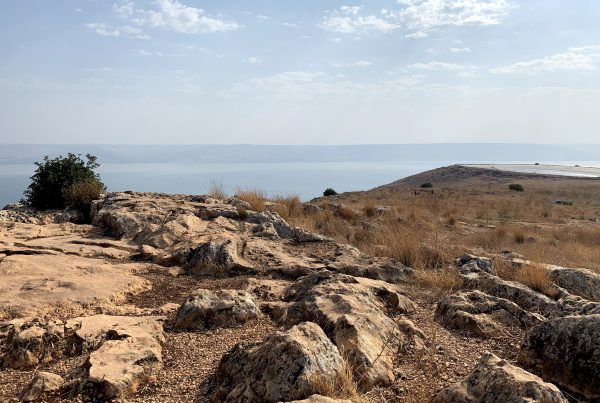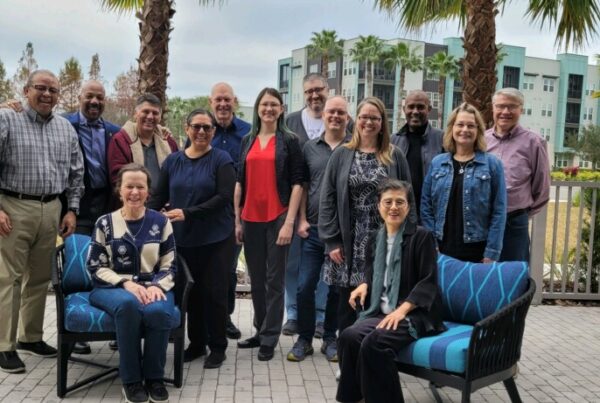Last year, the U.S. State Department changed the interpretation of green card rules, which essentially sidelines non-resident religious workers in the U.S. These religious workers serve in the U.S. with a visa but are not necessarily permanent residents or citizens. The employment-based, fourth preference (EB-4) visa covers immigrants from El Salvador, Honduras, and Guatemala, as well as religious workers who are not U.S. citizens. Approximately 10,000 of these visas are available each year.
The recent change added thousands of petitions for an EB-4 visa, meaning that religious workers—including some RCA missionaries and pastors—now face a much longer wait time in acquiring or renewing their residency. Last year, there were over 100,000 approved petitions awaiting an EB-4 visa; less than 1,000 of those were from non-resident religious workers.¹
“I’ve lived here for almost seven years, and not a day goes by without having some kind of concern about my security here,” says Wayne Otten, pastor of Unity Reformed Church in Kentwood, Michigan. “Many people think that Canada is so similar to the United States, and that I wouldn’t have difficulty achieving permanent residence, but in some ways it’s actually more difficult. The path to permanent residence is a long, gruelling, and expensive process, and it can make someone feel very isolated, hopeless, and confused.
“There’s so much that this affects for me,” adds Otten. “I kind of live in ‘no-man’s land.’ I can’t really plan for my future, I can’t put down roots, I can’t have a house to call home, and I can’t fully settle until permanent residence is granted to me. I feel a responsibility to care for my congregation well, but they too suffer without knowing what will come in the next couple of years.
“I have always believed in doing the right thing when it comes to immigration. The process is necessary and important. But sometimes doing the right thing, and following the correct rules, actually makes the journey more difficult.”
With long wait times for visas and permanent residency, there is concern that non-U.S. pastors and missionaries will no longer want to or be able to follow God’s call of service in the United States. Whether or not the sidelining is intentional, the implications of the change are certainly a deterrent for non-resident religious workers.
“These workers are essential to our churches and communities as they serve as the hands and feet of Jesus Christ in a broken world so loved by God,” wrote general secretary Eddy Alemán in a letter to legislators. “They must be able to continue to follow God’s call without undue interruption or hindrance. They are needed in the United States of America. I believe in their call to share God’s love in this nation, at such a time as this. Let us not prevent them from doing their good work, nor cause them to live in fear.”
“At the end of the day, for me, it comes down to the call that I believe God gave me,” says Otten. “I have a strong desire to find security and permanent residence here for many reasons: this is my home, my friends are here, my community is here, my church is here, and my life is here. But more important than any of those is that I believe God has called me to be here.
“I believe in the mission of the church. I believe that churches are essential to communities and cities. I believe in the work that God does through the local church to give people hope in Jesus, and a community that cares deeply,” he adds. “This country needs the church, now more than ever, but the roadblocks are making it more difficult for people to follow the call that God gives them.
“I just want to obey God’s call that he placed on my life and be free to serve him faithfully.”
¹ CP staff. “Josh Hawley Demands Answers from Biden Admin. Regarding Rule Change for Religious Worker Visas.” Christian Post, 22 Nov. 2023.





